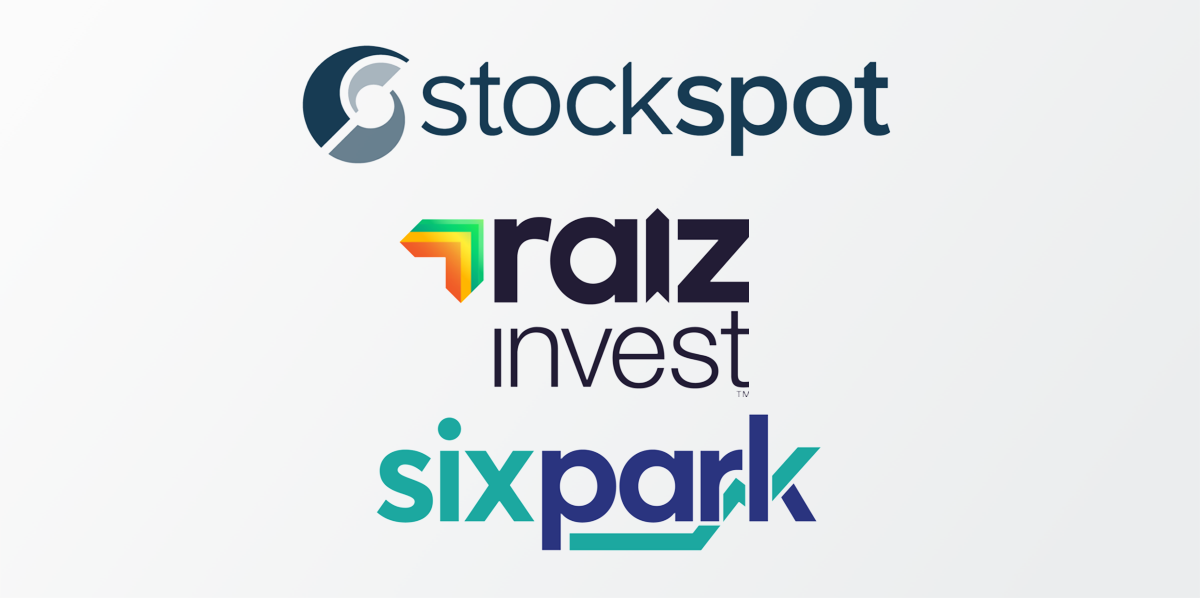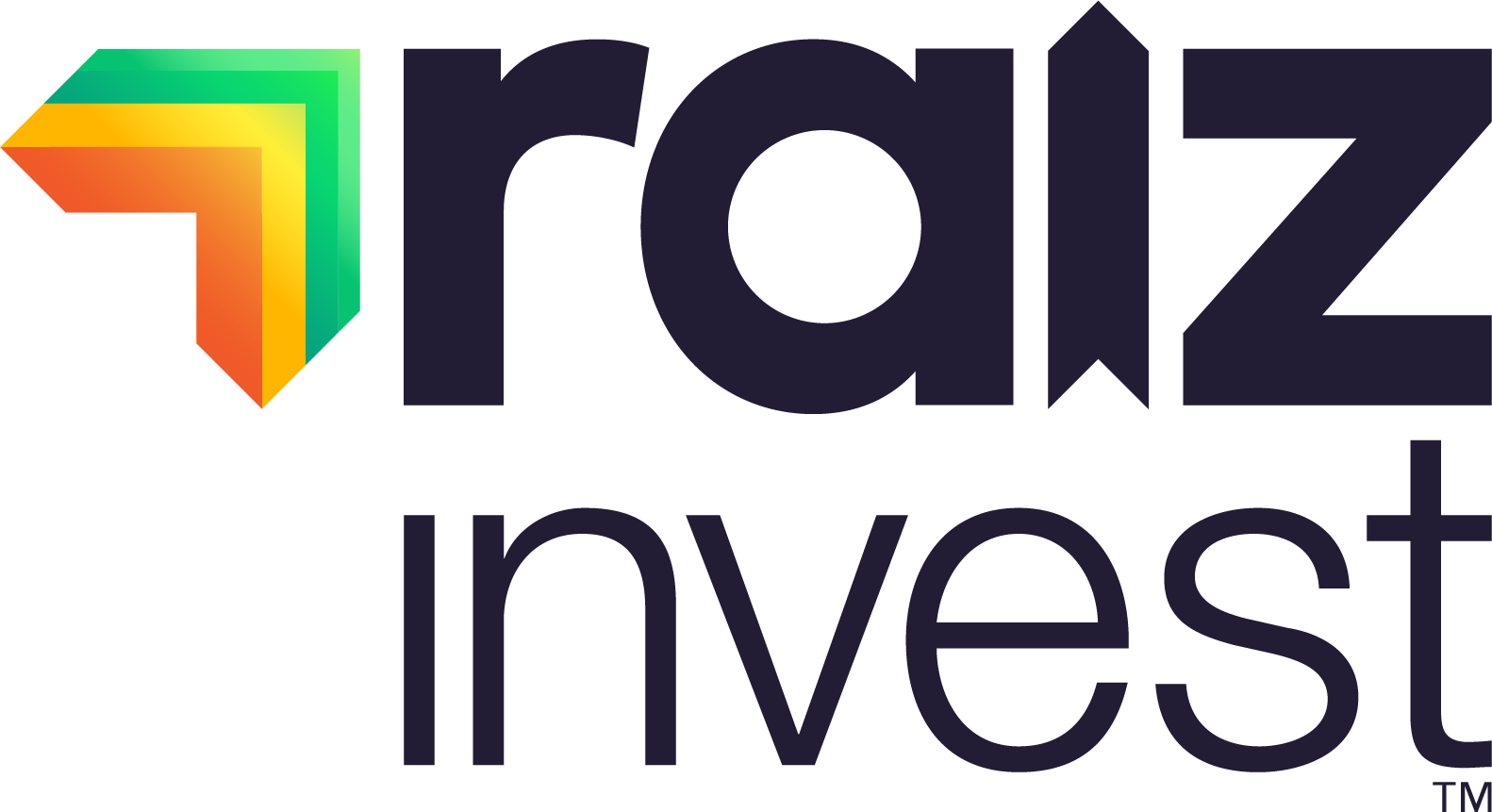These days, having access to a flesh and blood financial adviser can often seem out of reach.
Thanks to the Australian government banning sales commissions, financial advisers can struggle to profitably take on clients with less than $1 million. According to The Australian, many of the country’s biggest financial advice businesses now require clients to have several million dollars in order to get in the front door.
This can mean that investors with less money often have to look elsewhere.
Online financial advisers – sometimes called "robo-advisers" – aim to fix all this. By complementing flesh and blood advice with technology and ETFs, they hope to make financial advice available to everyone.
Australia has three main robo-advisers: Stockspot, Six Park and Raiz Invest. But what are the differences between them? And what do investors need to know?
Capabilities
Robo-advisers' shop fronts are websites, with high powered tech backends.
The journey starts when investors go onto a robo-adviser’s website and create an account. They then log in and answer personal questions about what kind of what kind of returns they want, what risks they can take, and how much money they have.
FunctionsETF flexibility?Credit card connection?Pooled fund?StockspotYes, for higher end clientsNoNoSix ParkYes, for higher end clientsNoNoRaiz InvestNo.YesYes
With this information, the robo-adviser builds them a portfolio, with ETFs used as the lego bricks.
In this respect, Stockspot, and Six Park are quite similar.
Raiz, however, is a bit of a black sheep. It provides pre-packaged ETF portfolios but as an extra feature, it allows investors to connect their credit cards to their investment accounts. This enables them to invest loose change and treat their Raiz accounts like a piggy bank.
FunctionsSuperannuation product?Dividend flexibility?Rebalancing options?StockspotNo, only SMSFYesYesSix ParkNo, only SMSFYesNoRaiz InvestYesNo. All dividends reinvestedNo
Raiz also runs a superannuation fund. The other two, by contrast, are only available to self-managed superannuation investors.
Legal ownership and asset custody
When it comes to structure, Six Park and Stockspot work the same. They allow investors to directly own their assets. Every client of Six Park and Stockspot owns everything in their portfolio no questions asked. This is because the two work under the holder identification number (HIN) system, which is run by the ASX.
FunctionsStatement of advice?AFSL holder?HIN?StockspotYesNo, under Sanlam Private WealthYesSix ParkYesNo, under Bespoke PortfolioYesRaiz InvestNoNo, under Instreet InvestmentsNo
Raiz, however, is different again. It does not use the HIN system – rather it runs a managed investment scheme. This means Raiz’s investors do not outrightly own the ETFs they are invested in. Rather, they buy into a pooled fund.
This structure allows Raiz to be cheaper than its competitors, which we will discuss below. It also allows them to take on small $5 contributions. However, it has implications for custodial risk if Raiz were to default.
Portfolios
ETFs are the crucial building block in robo-advice portfolios. But the three robo-advisers differ in which ETFs they pick.
While some have a similar taste in core funds, they differ quite drastically in their use of alternatives.
Stockspot uses gold – which has helped it outperform (discussed below). Stockspot is alone among robo-advisers using gold.
ETF choicesAustralian sharesGlobal sharesEmerging MarketsBonds and cashAlternativesStockspotVASIOOIEMIAF, AAAGOLDSix ParkSTWVGS, VGADVGEIAF, AAADJRE, IFRARaiz InvestSTWIAA, IEU, IVVNoneIAF, RCB, AAANone
Six Park both uses global property, which is accessed through real estate investment trusts (REITs). REITs are struggling quite a bit at the time of writing, thanks to the coronavirus. However, REITs can provide diversification and income when markets steady.
Interview: Chris Brycki, what makes a good ETF
Raiz does not use alternatives in its ETF portfolios. It doesn’t use a core global ETF either. Rather it uses a mix of Asia, Europe and American ETFs – this allows it to express a conviction on certain countries. Raiz is currently overweight Asia.
Robo-advisers also differ in how the portfolios are built. Six Park uses an investment committee, which features high profile figures such as Lindsay Tanner, the former Australian Minister for Finance.
RebalancingRebalances? FrequencyMethodStockspotYesDiscretionary, usually annuallyQuantitative, rules-basedSix ParkYesDiscretionary, usually annuallyInvestment committeeRaiz InvestPooled fundN/AN/A
Stockspot, by contrast, runs a “quantitative” approach, which means that it uses data and mathematics to build its portfolios.
We are unclear how Raiz builds its portfolios.
Performance
Comparing the performance of rob-advisers is easy and difficult at the same time. It is easy in that all of them use ETFs, whose performance data is transparent and public.
But it can be tricky in that their portfolios take on different amounts of risk, even for portfolios that are nominally the same. For example, a “balanced” portfolio for one company might mean a 50/50 split between shares and bonds. But for another, “balanced” might mean a 60/40 split between the two. (The superannuation industry faces similar comparison difficulties).
Performance (balanced portfolio as at 18 May)1 year p.a.3 year p.a.5 year p.a. Stockspot5.3%6.6%5.8%Six Park-4.8%3.2%2.9%Raiz InvestNot publishedNot publishedNot published
Another difficulty is that data is not standardised, so it’s hard to what extent dividend imputation is included in reported figures.
From the data available, Stockspot has been the best performing at the time of writing. This owes to its decision to use gold.
Both Stockspot and Six Park have been strongly performing with both beating the vast majority of Morningstar multi-asset class fund managers.
Raiz does not publish its performance data. We believe Raiz has underperformed both Six Park and Stockspot.
Fees
The fees of Stockspot and Six Park are relatively similar. Stockspot is cheaper for lower balance clients. Six Park is cheaper for higher balance clients. The fees robo-advisers charge do not include the underlying ETF fees.
Service fees (% p.a.)$10,000 $100,000 $1,000,000 Extra transactional costsStockspot0.66%0.66%0.40%NoneSix Park1.20%0.50%0.30%NoneRaiz Invest0.28%0.28%0.28%Potentially netting spreads. See PDS
Raiz has lower fees, and to such an extent that it is an outlier. Raiz’s lower fees owe to the way its funds are constructed. As was touched on above, Raiz is a managed investment scheme. This means that Raiz does not have to wear the high costs of running under the HIN system. (Share registries, ASX, etc.) Raiz then passes this cost saving on.
However, Raiz charges other fees that are not included in the headline cost. Some of these fees are small, like the $5 dishonour fee when investors fail to credit funds. Others appear larger, such as the “netting spreads” which are incurred when the funds buy ETFs. From what we understand from Raiz, some of the fees included in its PDS - such as dishonour fees - have never been charged.
Conclusion
I really like robo-advice. And one of the nice things about it is that there are not really any “bad guys”. Investors cannot really go wrong with any of them.
ETF Insight: What has happened to robo-advice
Raiz has the advantage of being nominally the cheapest – although its cost structure is less transparent. It also has the advantage of having a piggy bank function, which allows investors to earn compound interest on their small savings. However, the lower cost structure comes with potential custody risks. This may make Raiz best for younger investors or those at the beginning of their investment journey.
Stockspot and Six Park have the advantages of running under the HIN system, and offering personalised financial advice to higher end clients. This may make them better suited to higher net worth or older investors.
Correction: An earlier version of this article incorrectly stated that Raiz offered a unit trust, with capital gains tax implications. The fund in fact runs a bare trust with no such implications.
Sign up to ETF Stream’s weekly email here





